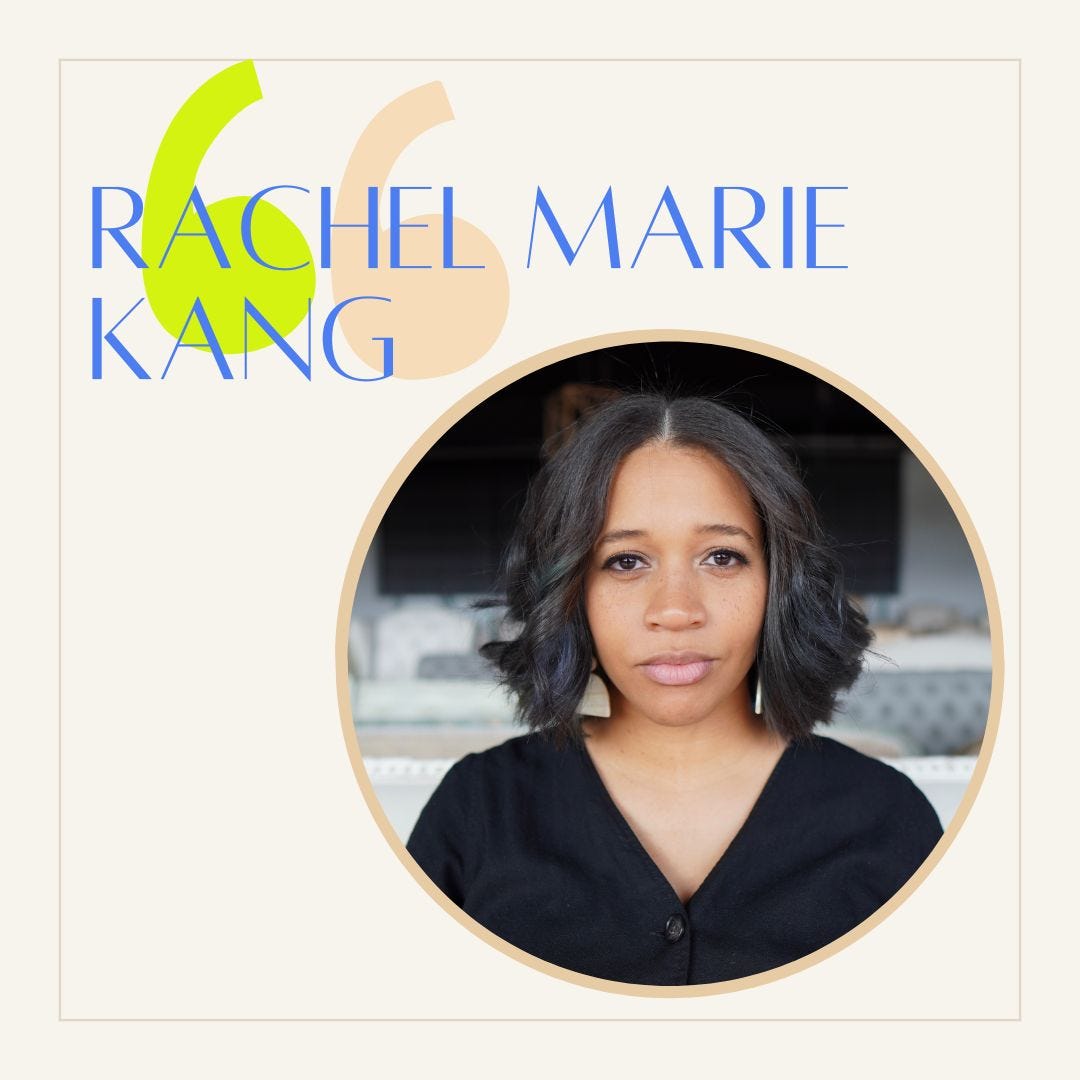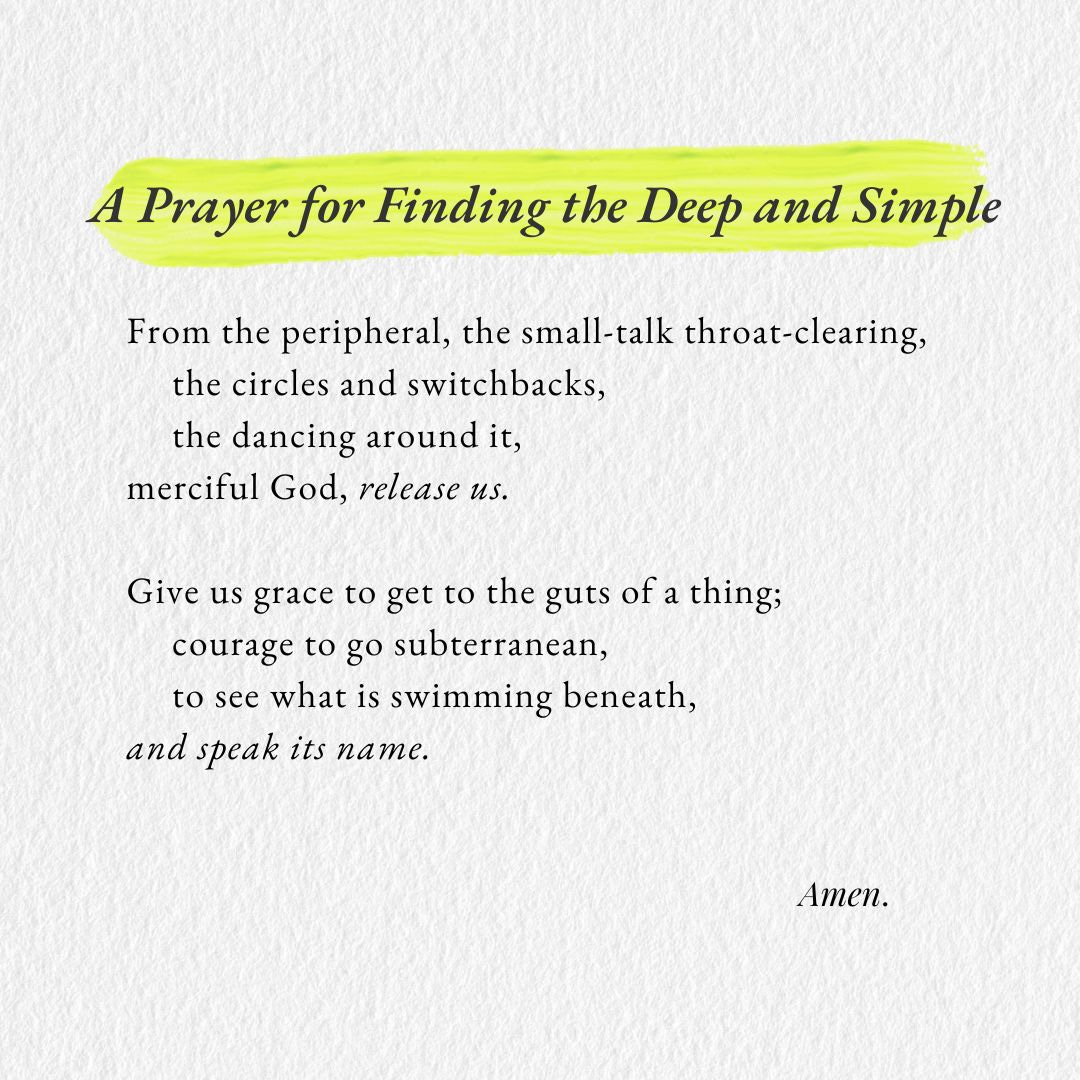SLANT LETTER: Finding Simplicity on the Other Side of Complexity
and other gems from our Writing Process Summer Series: a round-up.
You’re reading SLANT LETTER, a monthly letter designed for writers like you looking to deepen your craft and practice soul care in the creative life. Subscribe to get it straight from this editor’s desk to your inbox, plus my free guide to crafting your unique writing angle. Also: are we Instagram friends yet?
So I guess somehow it’s September? The autumn equinox is almost upon us, fog and frost returning. We caught the Harvest Moon over the water of the river where we live, large and low and apricot orange, and our toddler yelled, “It’s flying!” I’m starting to leave the windows open and it’s my favorite thing.
I hope you’re finding the peace of steadiness in this transitional season (a September blessing for us all here).
So I suppose it’s time to call summer a wrap. Though first, I did want to share with you some gems from the Writing Process Summer Series!
This summer, I invited a few writers to join me in conversation on IG Live about just that—the process behind their work, as we popped the hood on what’s working, where they find their inspiration, and what they’ve learned along the way. They had SO much to say and I loved our time and their generous wisdom. The full conversations are linked below, and sharing today a few highlights.
On fighting toward simplicity:
In my conversation with Erin S. Lane, author of Someone Other than a Mother, she told me the hardest part of the process was the editing, because
“The sign of the best art is [that it’s able to find] the simplicity on the other side of complexity. There’s simplicity and that’s one art, then there’s complexity that’s very reflective but hard to enter into or parse out…then there’s art that has done the work and is able to prioritize this is the thing I want to leave you with.”
Is this not the heart of writing, fighting to get to the essence of a thing? I immediately think of Mr. Rogers who said, “Life is deep and simple, and what our society gives us is shallow and complicated.”
On the power of words to illuminate:
I was asking Rachel Marie Kang about the “why” behind her forthcoming book title, Let There Be Art, and here’s what she said:
“Here’s permission for you to create. ‘Let there be art’ in the same way that God spoke, ‘Let there be light.’ What happened when that light came? It pushed back the darkness. When we let art be in our lives, maybe there’s that same power of pushing back darkness in our lives and in this world.”
I love how in this same conversation Rachel talked about both art as pushing back darkness and the need for creative play. It’s always both.
On leading your reader somewhere:
I asked Hannah Brencher about what stretched her most in the writing process, and she talked about this revelation that changed everything for her.
“It’s all about leading the reader somewhere and if you’re not leading them somewhere, then there’s a problem…[the process is] learning that every sentence matters, and every sentence is either pointing them toward the direction you want them to go in, or taking them away from that direction…that was huge for me.”
Every sentence matters! I often tell my authors to think of their table of contents as a map: you go in one door, and out another. Each chapter, each paragraph, each sentence is a stepping stone on their way, moving the narrative forward.
On writing toward integration:
“We forget that it’s our bodies that carry our stories…We’re more comfortable with language that doesn’t include our physicality. We like to talk about the soul, we like to talk about the mind, but I find there’s an inherent desire for wholeness in each of us; an integrity of self. Our bodies are already carrying our stories. Our bodies are already carrying our stories of harm and hope.”
I love the way K.J. Ramsey brings back embodiment to the writing process, and she had some great things to say about her practice of getting into her body even as she goes deeper into the world of ideas.
On giving yourself permission to change your mind:
As author and The Next Right Thing podcast host Emily P. Freeman told me,
“It’s okay to change your mind even if you do it publicly…I hope we all go back to our writing ten years ago and disagree with some of the things that we said…The writing process is reflective of a life that’s being lived. And hopefully, as we live our lives we’re changing and growing and transforming so a book, or published work in whatever form, is a snapshot of a time in our lives that was true then.”
It’s a common and understandable fear of writers: that we’ll wish we could recant some of our earlier work. As we age, we often go off-script from our former selves. You at seven, you at seventeen, and you at forty-seven most likely have had radically different visions for the life you’re living right now. And that’s as it should be. I say let the change show. Our spirits are ever-expanding tree rings; there’s always room to grow, change, and become.
Here’s to more growing—in your life and your writing practice this fall.
Until next time,
Take heart. Write on. You got this.
If you’ve found something that speaks to you here…
Please pass it on! This letter is this editor's off-hours labor of love. Your word of recommendation is how our little community grows.
P.S. // A Blessing for Writers
SLANT LETTER is about both craft + soul care for the creative life. So for each issue, I want to speak this blessing for all of us anxious, ambitious, internet-exhausted writing folk.











Ever grateful for the encouragement you share here, Steph!
Great wrap up! Thank you for this! It’s helping me pause and acknowledge the changing seasons.